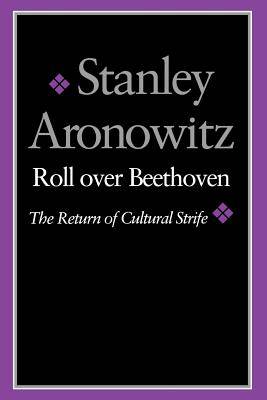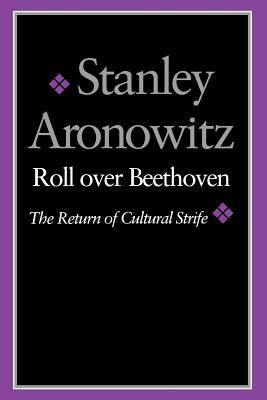
- Retrait gratuit dans votre magasin Club
- 7.000.000 titres dans notre catalogue
- Payer en toute sécurité
- Toujours un magasin près de chez vous
- Retrait gratuit dans votre magasin Club
- 7.000.0000 titres dans notre catalogue
- Payer en toute sécurité
- Toujours un magasin près de chez vous
Description
Stanley Aronowitz traces the history of the cultural issue - in both British and American manifestations.
The question of culture has become central for a new generation of scholars raised in a world of television and mass production. At the same time debates about culture have become a point of reference for criticism of current trends in academia and society, variously defended or derided on the grounds of "multiculturalism," "canonicity," and political correctness." In his re-examination off these debates, Stanley Aronowitz traces the history of the cultural issue - in both its British and American manifestations - and relates it to the contemporary rethinking of the nature of knowledge and culture.
Roll Over Beethoven analyzes topics as diverse as the history of American radicalism, the sociology if science, the impact of the Library of Congress on the organization of knowledge, and the institutionalization of film studies. Aronowitz's account of recent controversies over "political correctness" reveals that the current culture wars reflect profound differences among scholars over the proper role of the university and the character of legitimate intellectual knowledge.
Within this broad reappraisal of the cultural question, which is embedded in the intellectual history of the 20th century, Aronowitz offers an "interpretive genealogy" of cultural studies that describes both the evolution of the field and the political and social contexts in which it developed. He argues that cultural studies exhibit a tendency toward transgression that is rarely explicit but always present and, at its best, not merely interdisciplinary but anti-disciplinary.
Spécifications
Parties prenantes
- Auteur(s) :
- Editeur:
Contenu
- Nombre de pages :
- 291
- Langue:
- Anglais
Caractéristiques
- EAN:
- 9780819562623
- Date de parution :
- 21-05-93
- Format:
- Livre broché
- Format numérique:
- Trade paperback (VS)
- Dimensions :
- 153 mm x 229 mm
- Poids :
- 417 g

Les avis
Nous publions uniquement les avis qui respectent les conditions requises. Consultez nos conditions pour les avis.






